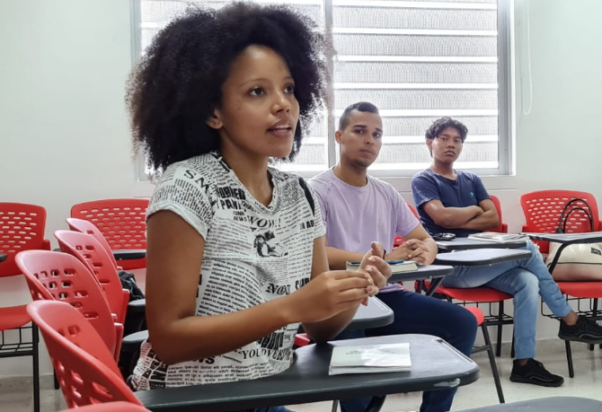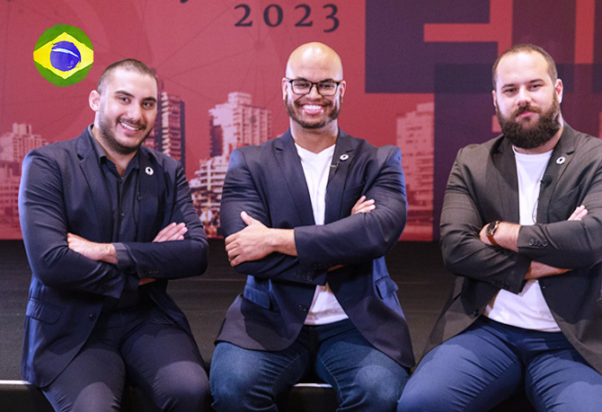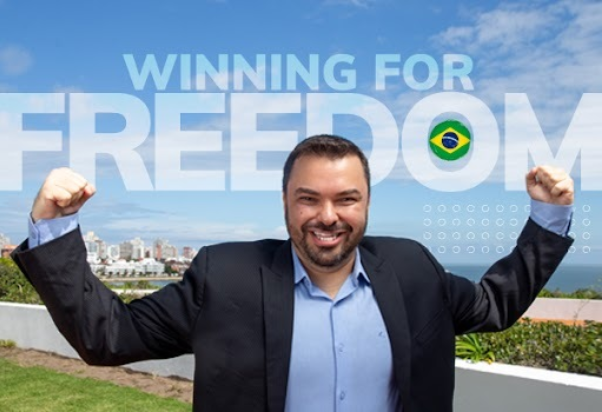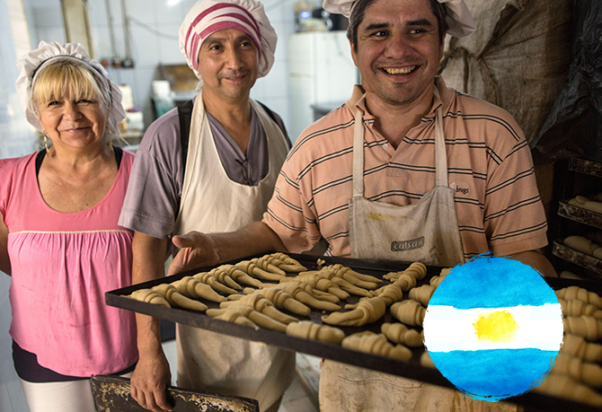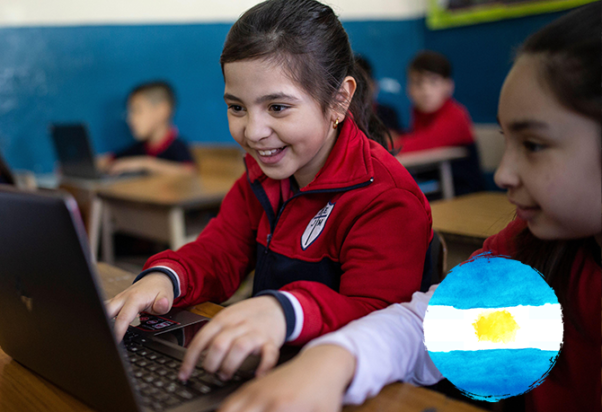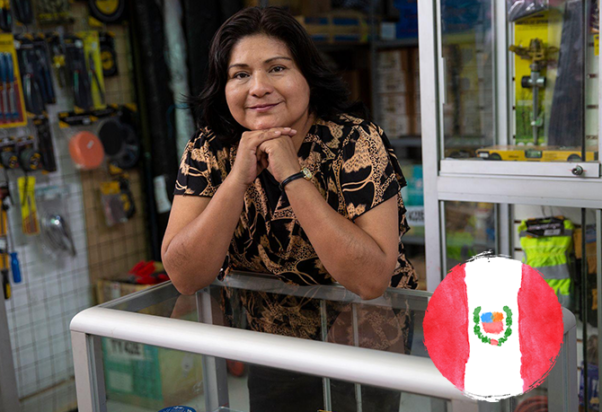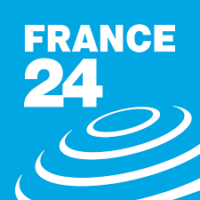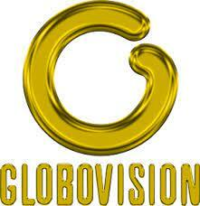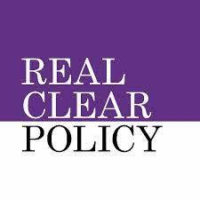The mission of our Initiatives for Latin America are to help achieve a lasting peace and inclusive prosperity in Latin America, providing justice and opportunity to all its citizens. Our strategy is to assist civil society organizations in the region to implement bottom-up projects that increase freedom. This means we focus our attention on helping our partners by providing (1) training; (2) competitive grant opportunities; and (3) networking opportunities. Through our annual Latin America Liberty Forum and other events and public campaigns, we also bring public attention to the projects of our partners and the importance of their work.
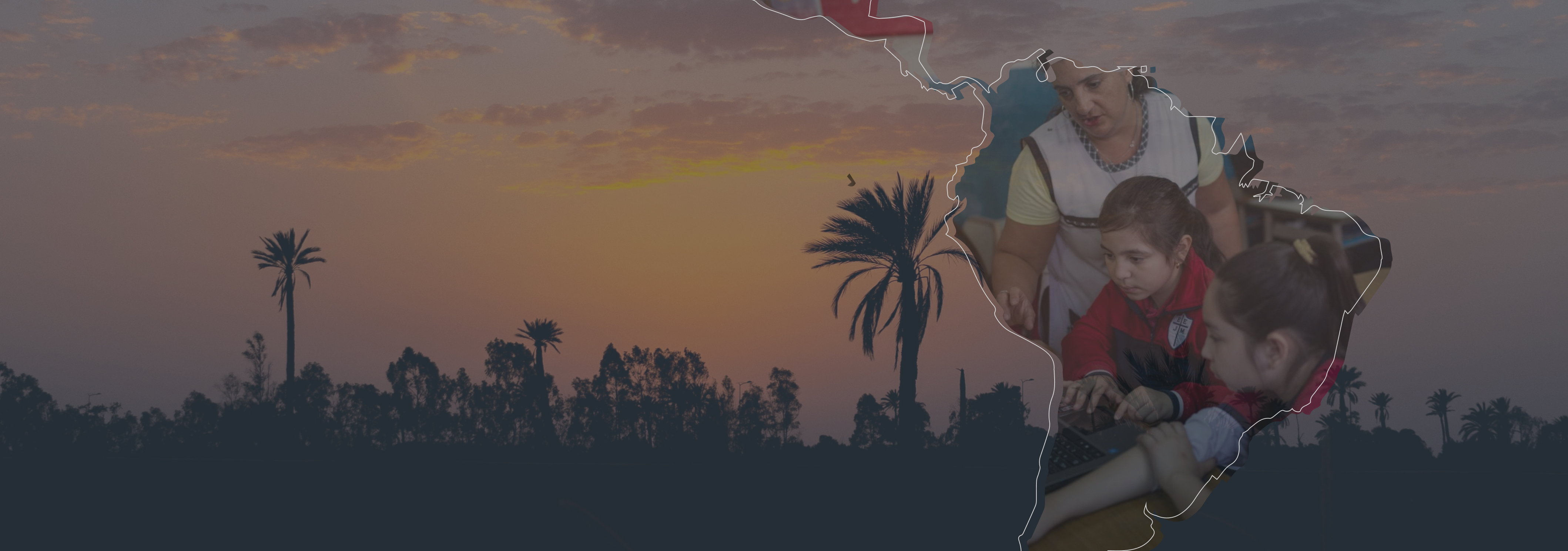
ATLAS NETWORK Initiatives for Latin America
Atlas Network partners with local civil society organizations across the region to solve complex issues from the bottom up. Together we can build an inclusive prosperity and a future of freedom in Latin America.
Latest regional updates
Atlas Network partners with local civil society organizations across the region to solve complex issues from the bottom up. Together we can build an inclusive prosperity and a future of freedom in Latin America.
Has the “Overton Window” shifted in Latin America? Yes, but no. The rise of Javier Milei and the unprecedented ability to sell the ideas of liberty and the need for radical reforms in Argentina, a country beset by decades of illiberal populism, is a real milestone. The electoral triumph led by María Corina Machado in Venezuela, and the continued resistance against the brutality of Maduro’s tyranny, is also a reflection that ideas have consequences—and that freedom matters.
On the other hand, autocracies in Cuba and Nicaragua continue to threaten the development of open and civil societies in the region. Chile and Peru have been able to withstand a shift to statism, while Mexico and Brazil are again reviving authoritarianism and the ghost of a “perfect dictatorship.” At the same time, organized crime has strengthened in many places, and rule of law has deteriorated.
As always, many challenges remain towards consolidating a future of greater freedom and inclusive prosperity in the region. Our 100+ partners work hard, every day, to demonstrate how bloated bureaucracies, regulatory extortion and more limits on freedom of choice keep small business, women entrepreneurs, young innovators, and everyday citizens from moving forward and reaping the rewards of inclusive prosperity, social mobility, and human dignity.
Against the odds of rising autocracies, intolerance, and widespread misinformation about open markets and liberal democracies, our partners have shown, with creative stories and imaginative policy proposals, why Latin America is, a land of credible hope for a brighter future.
We are convinced, indeed, that the ideas of liberty will flourish as the best possible course to meet the challenges that lie ahead.
We invite you to learn more about Atlas Network initiatives in Latin America, and the extraordinary work of our partners across the region.
Roberto Salinas-León
Senior Fellow for Latin America
Initiatives
Through the bottom-up approach of Atlas Network’s “Coach, Compete, Celebrate!”™ strategy, we seek to accelerate policy victories by local partners and rebrand liberalism in the region as a culturally authentic, pragmatic, and inclusive framework of ideas based on principles of individual and economic freedom, entrepreneurship, macroeconomic stability, sound institutions, and strong rule of law.
News & ideas
View All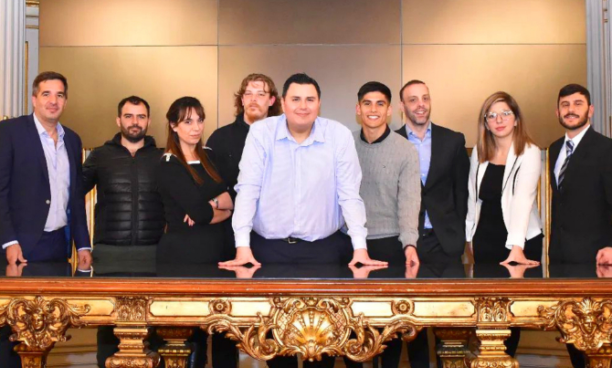 Asociación Argentina de Contribuyentes wins Atlas Network’s 2024 Latin America Liberty AwardAtlas Network is proud to present the 2024 Latin America Liberty Award to Asociación Argentina de Contribuyentes (AAC). The award was accepted by Executive Director Jonas Torrico at Latin America Liberty Forum 2024 in San José, Costa Rica.Read Article
Asociación Argentina de Contribuyentes wins Atlas Network’s 2024 Latin America Liberty AwardAtlas Network is proud to present the 2024 Latin America Liberty Award to Asociación Argentina de Contribuyentes (AAC). The award was accepted by Executive Director Jonas Torrico at Latin America Liberty Forum 2024 in San José, Costa Rica.Read Article- Atlas Network and Cátedra Vargas Llosa announce the Carlos Alberto Montaner Young Journalism Prize 2024MADRID, May 25th, 2024—Atlas Network and the Cátedra Vargas Llosa are pleased to announce the call for entries for the fourth installment of the Young Journalism Award, a joint initiative that was inaugurated in 2021 and will celebrate its third edition in 2023.Read Article
- Javier Milei’s rise in Argentina carries a valuable lesson for AmericansLong-suffering Argentines voted for change on Nov. 19, when they gave a landslide victory to Javier Milei, a self-proclaimed “libertarian” who brought rock-star theatrics to the political stage. Most sensationally, Milei has theatrically wielded a chainsaw to signal his intention to make serious cuts in Argentina’s bloated government.Read Article
- Radical Innovation Summit 2024 Will Gather Thinkers, Builders, and Funders in Mexico CityOn August 27–29, 2024 Atlas Network will co-host the second Radical Innovation Summit in Mexico City, Mexico in collaboration with the Universidad de la Libertad.Read Article
- Atlas Network Announces Partnership with Mexico-Based Centro Ricardo B. Salinas Pliego and Newly Created Universidad de la LibertadAtlas Network is proud to announce a new partnership with the Mexico-based Centro Ricardo B. Salinas Pliego (CRBSP), and the Universidad de la Libertad (UL), a new academic institution based in Mexico that will advance free-market principles, business development, and innovation.Read Article
Experts
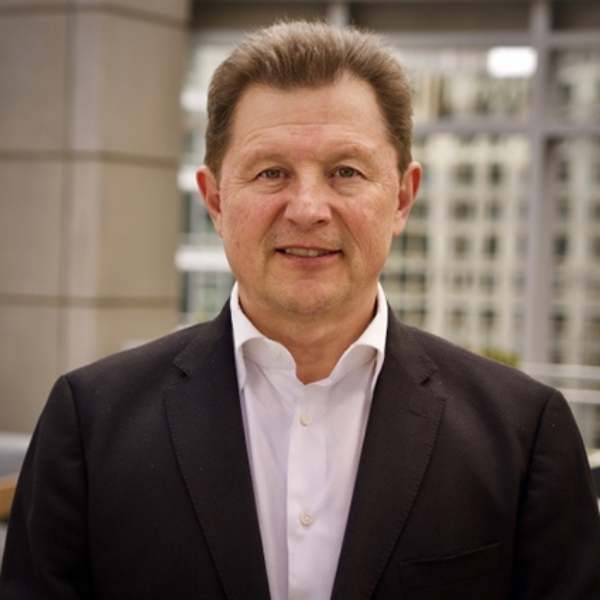
Dr. Roberto Salinas, Senior Fellow
Roberto Salinas is a Senior Fellow with Atlas Network Initiatives for Latin America. He is President of the Alamos Alliance, Senior Debate Fellow at the Calvin Coolidge Presidential Foundation, and an Adjunct Scholar of the Cato Institute. He has published more than 2,000 editorials (English and Spanish) on public policy topics in The Wall Street Journal, The Journal of Commerce, Investor’s Business Daily, Barrons, and others. He is an occasional commentator for CNN, CNN Latinamerica, CNCB, BBC, and others. Roberto Salinas León holds a B.A. in political economy, history and philosophy from Hillsdale College, Michigan; and an M.A. and Ph.D. in philosophy from Purdue University, Indiana.
Frequently Asked Questions
The mission of our initiatives is to help achieve a lasting peace and inclusive prosperity in Latin America, providing justice and opportunity to all its citizens. Our strategy is to assist civil society organizations in the region to implement bottom-up projects that increase freedom.
This means we focus our attention on helping our partners by providing (1) training; (2) competitive grant opportunities; and (3) networking opportunities. Through our annual Latin America Liberty Forum and other events and public campaigns, we also bring public attention to the projects of our partners and the importance of their work.
Since we believes the best policy solutions come from the bottom up, our strategy is to listen to our partners rather than direct them. The principal focus of our work is in supporting our partners’ locally-grown solutions to poverty and other problems via training, grants, and networking opportunities.
That said, we actively brainstorm and bring together prominent members of our community of partners to identify and foster collaboration around key themes that resonate deeply with our partners and allies across Latin America.
Current initiatives focus on:
Training and Empowering New Leaders: We are committed to cultivating the next generation of leaders who will drive transformational change throughout the region. By providing them with the skills and knowledge they need, we help to ensure that the principles of liberty continue to flourish in Latin America.
Supporting Freedom-Promoting Organizations: Our initiatives provide crucial support to organizations on the front lines of the battle for freedom in their respective countries. These groups are essential in advancing liberty and fighting against the authoritarian tendencies that threaten the values of open societies and liberal democracy.
Streamlining the Bureaucratic State: We work to reduce the inefficiencies in state bureaucracies that stifle business operations. By advocating for a more agile and responsive government, we aim to create an environment where individuals and entrepreneurial concerns can operate efficiently and contribute to sustained and inclusive growth.
Collaborating on Public Policy Proposals: We partner with various organizations to develop and advocate creative public policy proposals that are aligned with our core principles. This collaboration ensures that our initiatives are both impactful and grounded in a broad base of support.
Our initiatives are not endowed and do not accept funding from any government. They rely entirely on the generosity of individuals and institutional donors that share its desire to create greater freedom and opportunity for the people of Latin America.
If you would like to learn more about the initiatives and meet those involved in their work, consider attending our next Latin America Liberty Forum.
If you are working for a think tank or civil society group that would like to take part in training programs and grant competitions, the first step is to go through Atlas Network’s partner approval process
If you are a philanthropist wanting to learn about the initiatives' work, please contact Kameron Griffin or Brad Lips. We would be happy to provide details that will help you make an informed decision about how gifts to our initiatives in Latin America may fulfill your philanthropic goals.
If you are a member of the academy or the media, we welcome your inquiries about how you might contribute to a better understanding of the work of our initiatives and the achievements of our independent partners.
Our initiatives serve a network of independent think tanks and civil society organizations that take their own positions on specific policy topics in specific countries. We are not a think tank ourselves, so we are not in the business of giving hot takes on the news of the day. On occasion, our team can assist media inquiries by providing references to experts associated with our partner organizations, but these individuals do not speak for the initiatives themselves.
Our initiatives in Latin America are dedicated to supporting a network of independent think tanks and civil society organizations, each of which forms its own positions on specific policy topics in various countries. While we do not directly engage in partisan politics, our work focuses on fostering long-term consensus around the principles that promote peace and prosperity, aiming for a future where fundamental freedoms are respected by all political parties. We collaborate with partners who understand that individual rights, limited government under the rule of law, and free markets, are essential for creating prosperity and improving prospects for peace. Our agenda stands firmly against cronyism, corruption, and political privileges, and we work with all who share this vision. Although our efforts are guided by these principles, we do not adhere to a narrowly defined ideology or political orientation, nor do we provide immediate commentary on current events. Instead, we sometimes assist media inquiries by connecting them with experts from our partner organizations, though these experts do not speak on behalf of Atlas Network itself.
